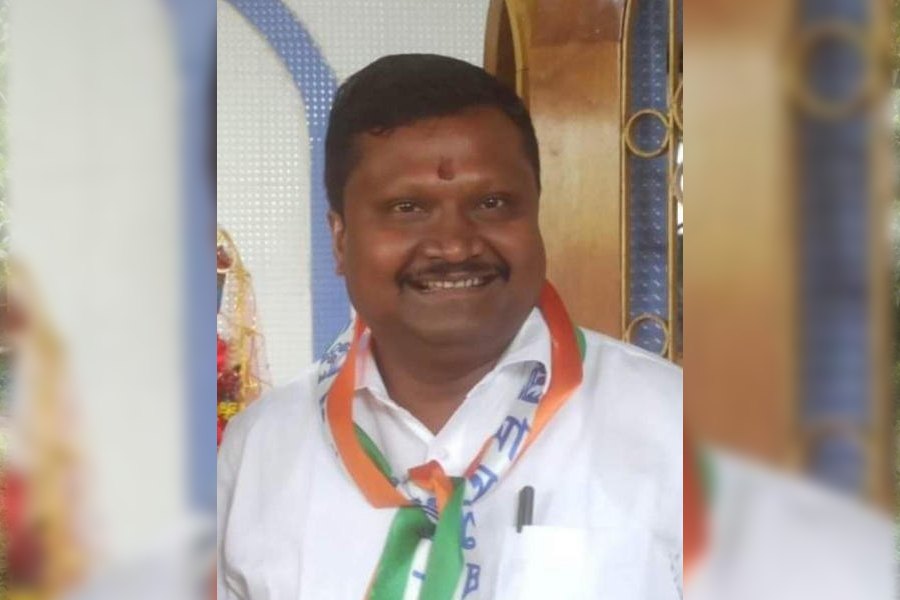Trinamul’s promising performance in the north Bengal brew belt in the panchayat elections held earlier this month prompted its leaders to take up the task to strengthen the party's base in the tea belt. “Residents of tea gardens have voted for us, keeping in mind the series of development work which the state government did for them unlike the Centre, which did nothing. The promises made by central ministers and local legislators have turned out to be hollow. Thus, people have rejected BJP. We will now put all efforts to consolidate our support base in tea gardens,” said Prakash Chik Baraik, the newly elected Trinamul Rajya Sabha member who also heads Trinamul in Alipurduar district. Since 2019 Lok Sabha polls, Mamata Banerjee’s party had to face setbacks in areas dominated by the tea population as most had backed the saffron camp. As a result, the BJP managed to win three Lok Sabha seats — Alipurduar, Jalpaiguri and Darjeeling — in this region. The same trend prevailed in the Assembly polls of 2021. While BJP managed to win around nine seats in the tea belt, Trinamul secured only Malbazar of Jalpaiguri district. However, in the rural polls, the equations became reversed. Trinamul, which has been desperately trying to revive its support base in tea gardens, succeeded and could win a majority of the seats in all three tiers in the plains. The BJP, on the other hand, managed to gain some seats in some isolated pockets. For example, in Alipurduar, a district where BJP’s John Barla had won by a margin of 2.5 lakh votes in 2019 and the BJP won all five Assembly seats in 2021, the saffron party has come up with a miserable performance at the rural polls. Altogether, there are 189 panchayat samiti seats in the district out of which the BJP has won 46 seats while 142 seats went to Trianmul. Also, in the zilla parishad, the saffron camp couldn’t win a single seat. In all 18 seats, Trinamul candidates emerged winners. Like Baraik, political observers too pointed out that the state’s initiatives have worked for Trinamul. “A number of new projects, including free housing, identity cards for workers, crèches and health centres which were taken up for the tea population, have helped the party. Also, the state’s regular intervention in revising the tea wage and in reopening a number of closed gardens, have worked,” said an observer. With the tea population finally backing Trinamul, party leaders now intend to build booth-level organisation across the brew belt. “There is a plan to form a committee of the party in every booth of each tea garden. These committees will work to ensure that every resident gets his or her due benefits from the state. We want to prove again that the central government and even the local BJP MPs and MLAs do nothing for them,” said Baraik. Another senior party leader based in Jalpaiguri said they would also activate their trade union — the Trinamul Cha Bagan Sramik Union — to take up initiatives on job-related issues of the tea workers. He mentioned that in the earlier polls, the presence of multiple trade unions which claimed to be affiliated to INTTUC, Trinamul’s workers’ front, was another reason that the BJP managed to win the workers’ support. “This is because the workers were puzzled as to which union of ours they should join. Now that we have only one union in tea gardens, there is no place for such confusion. Leaders working at different tiers in the union will be asked to take up relevant issues with tea companies, planters’ associations and central government departments,” the leader said. Also, Trinamul’s decision to send Baraik to Rajya Sabha will also help the party, said insiders. “He is from the tea belt and has been working for tea workers. We want him to raise their issues in the Rajya Sabha in due course,” said a party leader.











